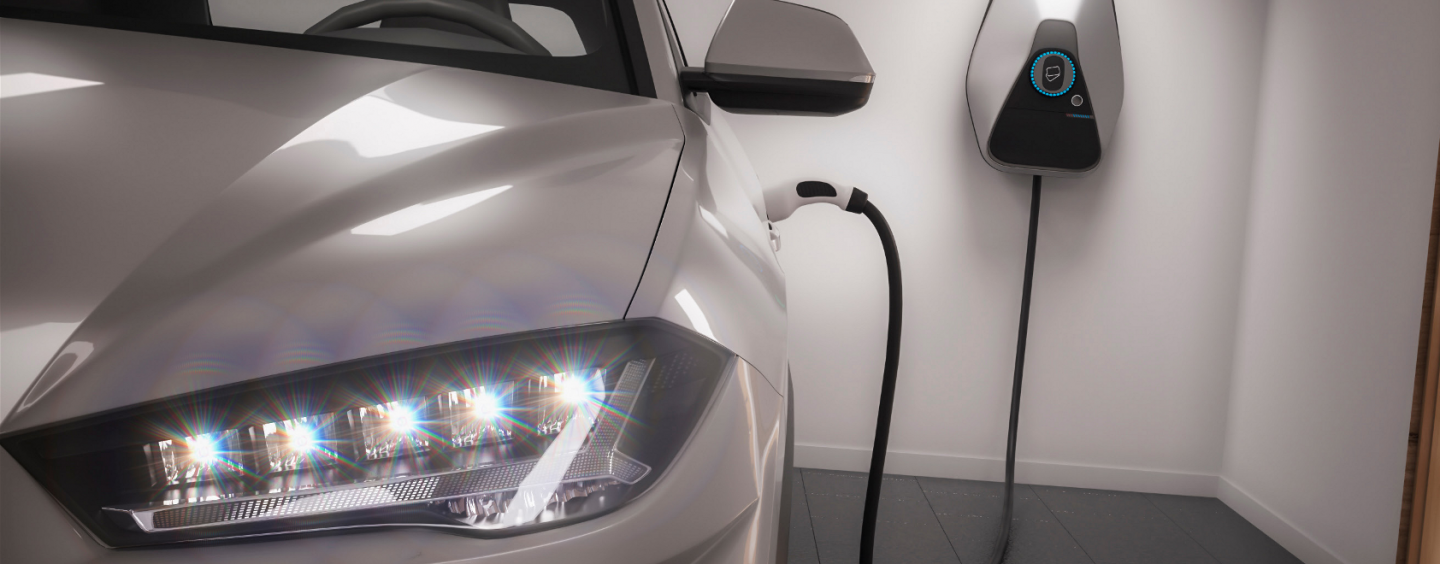
How Yokogawa power analyzers help EV charging equipment earn the VDE mark of approval
by Yokogawa Test&Measurement November 5, 2024Electric vehicles (EVs) have many virtues that are contributing to the rate at which drivers around the world are making the switch away from the internal combustion engine. A rapidly expanding network of public charging points helps – now industry needs to make sure that users are as confident about what they’re getting for their money from them as they are when they fill their tank with petrol or diesel.
Trust in the accuracy of fuel dispensing infrastructure has been established over the course of decades by robustly enforced laws that govern how pumps are calibrated. The challenge is to replicate that attitude for electric vehicles. When a customer drives away having paid for 50 kWh of electricity, they need to be confident that precisely that amount of energy has gone into their battery.
With a million charging points expected to be installed by the end of the decade, Germany is an attractive market for companies developing metering solutions. The calibration part of the process is challenging though – as well as the EU Measuring Instruments Directive, products have to comply with national laws which specify that power measurements must have a level of accuracy of at least of ±0.3%.
Creating a calibration system from scratch was the challenge faced by the VDE Institute, the non-profit organisation behind the prestigious VDE mark.
With such a miniscule margin of error the choice of equipment was crucial. VDE engineer Sven Grünberg, who has more than 35 years of experience, didn’t hesitate to turn to Yokogawa Test&Measurement. “To be honest, there is hardly anything else worth considering,” says Grünberg. “The Yokogawa WT3000E has been used in our calibration departments for years, and measures so precisely that it is also perfectly suited for the charging station test bench.”
The WT3000E power meter’s accuracy of ±0.04% is almost an order of magnitude better than the minimum specification. Combined with a programmable power supply controlled by Yokogawa’s FG420 function generator, the result is a system capable of providing extremely accurate measurement of voltage, current and total energy that were essential.
For new designs that may be even more demanding, Yokogawa offers the WT3000E’s successor product, the WT5000 Precision Power Analyzer. As well as even greater accuracy ±0.03%, the WT5000 offers high-speed operation up to 10 MS/s and power measurement bandwidth of 5 MHz.
Yokogawa wasn’t just the source of test equipment for the project. Its support was invaluable for VDE engineers developing a Raspberry Pi-based control program and measurement data acquisition system.
Following accreditation by Germany’s Federal Physical Technical Institute, the test system is now being used by companies manufacturing energy meters for the country’s network of public EV charging stations.
To download the full case study, click here.
This material maybe not be reproduced without express permission from Yokogawa, please contact: PrecisionMaking.EU@yokogawa.com


No Comments so far
Jump into a conversationNo Comments Yet!
You can be the one to start a conversation.